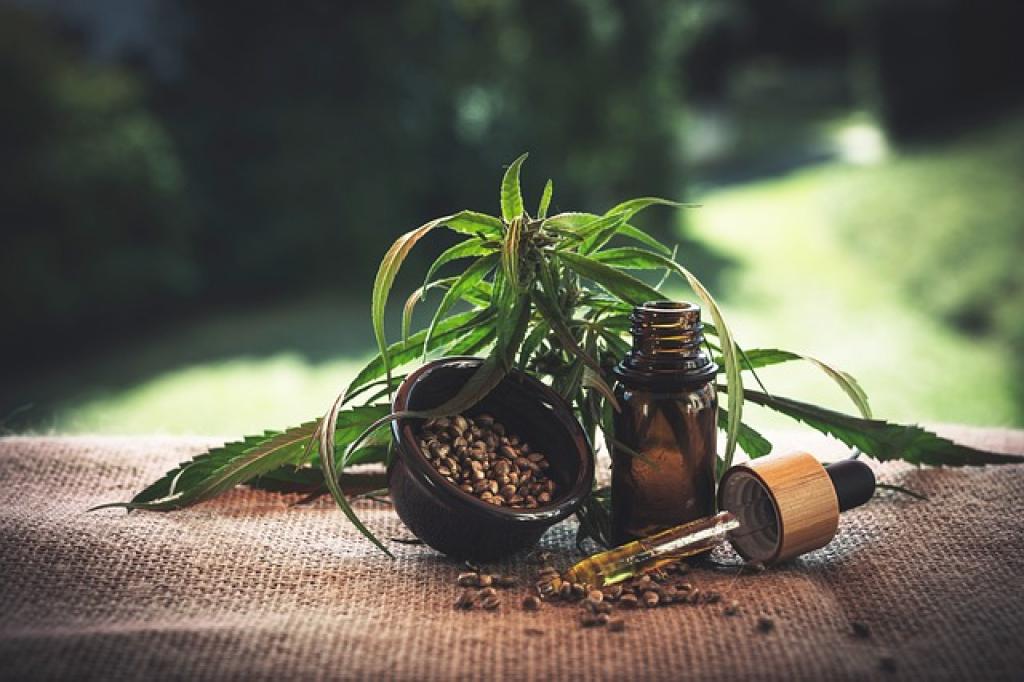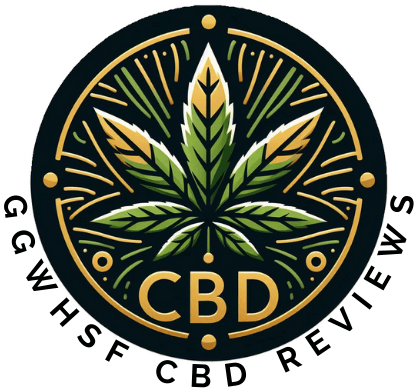For those of us invested in the CBD industry, staying up to date on regulatory changes is crucial. The landscape is evolving, and it’s important to understand how new rules may affect businesses, consumers, and even the products we love.
Recent shifts in legislation are reshaping how CBD is produced, marketed, and sold. These updates could bring about significant changes, from the way products are labeled to the quality standards they must meet.
Understanding these regulatory changes isn’t just for industry insiders; it’s equally vital for consumers who want to ensure they are purchasing high-quality, safe products. So, whether you’re a CBD entrepreneur, a frequent user, or just curious, let’s dive into what’s new in the world of CBD regulation.
Understanding the Latest Regulations for CBD Products
Navigating the CBD market can sometimes feel like walking through a maze, especially with the latest rounds of regulatory updates. The new regulations focus primarily on ensuring product safety, quality, and transparency.
One significant change is the requirement for companies to provide third-party lab results. This means that all CBD products must undergo rigorous testing to confirm their potency and purity, giving consumers greater peace of mind.
Labeling requirements have also been tightened. Companies now need to clearly list all ingredients and provide detailed information on the CBD content. This makes it easier for consumers to know exactly what they’re putting into their bodies.
There are also new guidelines around health claims. Brands can no longer make unsubstantiated claims about the potential health benefits of their CBD products. This step aims to prevent misleading information and protect consumers from false promises.
Local and federal agencies are stepping up enforcement to ensure compliance, so it’s more important than ever for businesses to stay informed and adhere to these new rules. These changes may seem daunting, but they ultimately promote a safer and more transparent market for everyone involved.

Impact of Regulatory Changes on CBD Businesses
The latest regulatory changes have undoubtedly shaken up the CBD industry, but they’re not all doom and gloom. For businesses, adhering to these new rules can be a bit challenging, but there are also significant benefits.
First off, the new labeling and testing requirements might increase operational costs. Companies need to invest in third-party lab testing and ensure their labeling meets the updated standards. This could be a financial strain for smaller businesses.
However, these changes can also build consumer trust. When customers see that a product is lab-tested and accurately labeled, they’re more likely to make a purchase. Trust and transparency can drive customer loyalty and long-term success.
Gaining a Competitive Edge
Businesses that quickly adapt to these regulations can gain a competitive edge. By prioritizing compliance, they can set themselves apart from companies that are slower to meet the standards. This can open up new market opportunities and attract a more discerning customer base.
Finally, while the ban on unsubstantiated health claims might seem restrictive, it encourages companies to invest in real research. This could lead to new, scientifically-backed products that truly benefit consumers. In the long run, this can elevate the entire industry.
Compliance Challenges Faced by the CBD Industry
Navigating the complexities of compliance is a significant challenge for CBD businesses. The regulatory landscape is continually evolving, making it tough for companies to keep up.
One major hurdle is the varying state-by-state regulations. What’s legal in one state might be completely banned in another. This patchwork of laws can create logistical nightmares for companies trying to distribute their products nationwide.
Another challenge is the cost of compliance. Meeting quality standards, conducting lab tests, and ensuring proper labeling—all these requirements add up. Smaller businesses often struggle to absorb these costs, putting them at a disadvantage compared to larger competitors.
It’s also worth noting, the lack of clear federal guidelines can be stressful. Businesses operate in a grey area, with fear of unintentional violations looming over them. This uncertainty makes strategic planning difficult and stifles innovation.
Lastly, the constant changes in regulations require ongoing education and training for staff. Companies need to stay informed to avoid penalties and ensure they’re always in compliance, which demands resources and time.
Key Requirements for Marketing CBD Products Legally
Navigating the marketing landscape for CBD products can be tricky, but knowing the key requirements can help your business stay within the legal bounds. Here’s what you need to keep in mind.
First and foremost, avoid making health claims. Even if your product has done wonders for you or others you know, making unverified medical claims can get you into hot water with regulators. Stick to general wellness benefits and let customers share their own experiences.
Next, ensure your labeling is accurate and detailed. This means listing all ingredients clearly and avoiding any misleading information. Customers should know exactly what they’re getting, and honesty can build trust and loyalty.
Also, be mindful of age restrictions. Many jurisdictions have laws that restrict the sale of CBD products to minors. Always verify the legal purchase age in your area and enforce age checks if necessary.
Staying Within Advertising Guidelines
Advertising CBD also comes with its own set of rules. Many major advertising platforms like Google and Facebook have strict policies on CBD ads. Make sure to review these guidelines carefully to avoid having your ads banned.
Partnering with influencers? Ensure they’re informed about what they can and can’t say about your product. Their claims and endorsements should comply with the same regulations as your own marketing materials.
Lastly, keep up with changes in legislation. Laws around CBD are constantly evolving, and what’s acceptable today might change tomorrow. Regularly consult legal experts to ensure your marketing strategies remain compliant.
By following these key requirements, you can market your CBD products legally and effectively, helping your business grow while staying on the right side of the law.
Exploring Quality Control Standards in the CBD Industry
When it comes to CBD products, quality control is everything. Ensuring consistent, high-quality products is crucial for building consumer trust and complying with regulations.
First, look for transparent sourcing practices. Knowing where and how the hemp is grown can reassure customers about the product’s quality. Ideally, hemp should be sourced from farms that use organic farming practices.
Next, consider third-party lab testing. This is a biggie! Independent testing can verify the cannabinoid content and check for contaminants like pesticides, heavy metals, and molds. Always make these lab results accessible to your customers; transparency goes a long way.
Consistency is also key. Every batch of CBD product should be tested to maintain consistent potency and purity. Variations in quality can lead to issues with effectiveness and safety.
Manufacuturing processes matter too. Good Manufacturing Practices (GMP) should be followed to ensure that the production and packaging of CBD products meet strict quality standards. This minimizes the risk of contamination and ensures the final product is safe for consumers.
Lastly, don’t forget about proper storage. CBD products can degrade if exposed to excessive heat, light, or oxygen. Using appropriate packaging and storage conditions can help preserve the product’s quality and extend its shelf life.
By prioritizing quality control, you can stand out in the crowded CBD market and give your customers the confidence that they’re getting a top-notch product every time.
The Bottom Line: Navigating the Evolving CBD Regulatory Landscape
Navigating the CBD regulatory landscape can feel like an ever-changing maze, but staying informed and proactive is essential. As laws and regulations continue to evolve, adhering to the highest standards of quality control and transparency becomes even more crucial.
First and foremost, always prioritize compliance with current regulations. This not only involves staying up-to-date with federal guidelines but also keeping an eye on state and local laws, which can sometimes be more stringent.
Investing in quality control measures—like third-party lab testing and GMP-certified manufacturing practices—helps build trust among consumers. Transparency about the sourcing, production, and testing of your CBD products will set you apart in a crowded market.
Continual education is also key. Attend industry conferences, participate in webinars, and join relevant trade associations. These efforts will keep you in the loop regarding any regulatory updates or best practices in the industry.
And another thing to keep in mind is that, as the CBD industry matures, expect to see more robust research and data supporting its benefits. This will likely lead to clearer guidelines, which can help mitigate some of the current regulatory uncertainties.
In the meantime, focus on providing high-quality, consistent products, and maintain open lines of communication with your customers. By keeping them informed and educated, you’ll not only foster loyalty but also enhance your brand’s credibility.
So, while the regulatory landscape may be complex and ever-changing, with the right strategies and a commitment to excellence, you can successfully navigate these waters. Your diligence will not only keep you compliant but also help you thrive in this exciting, dynamic industry.






